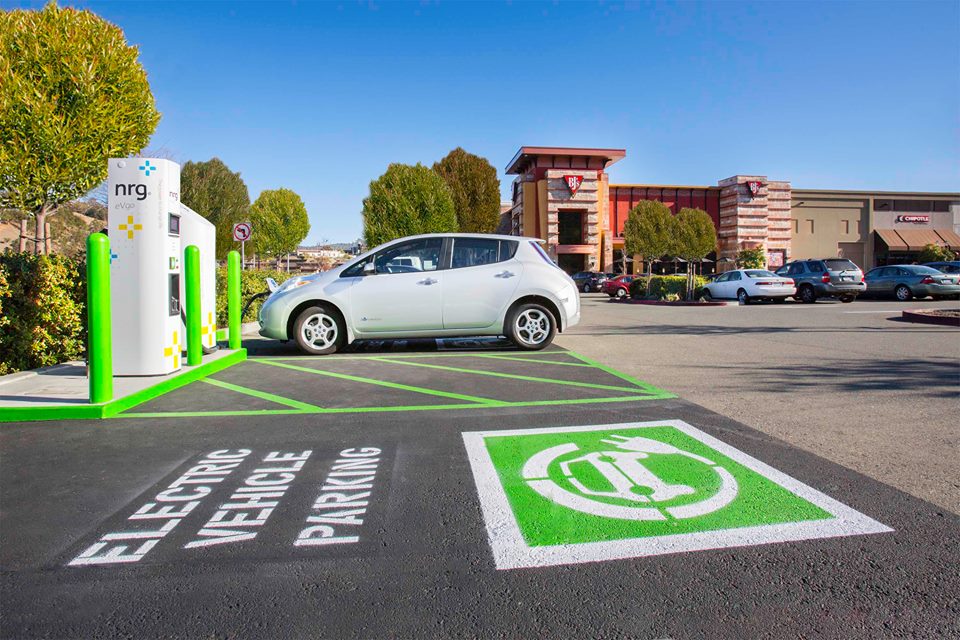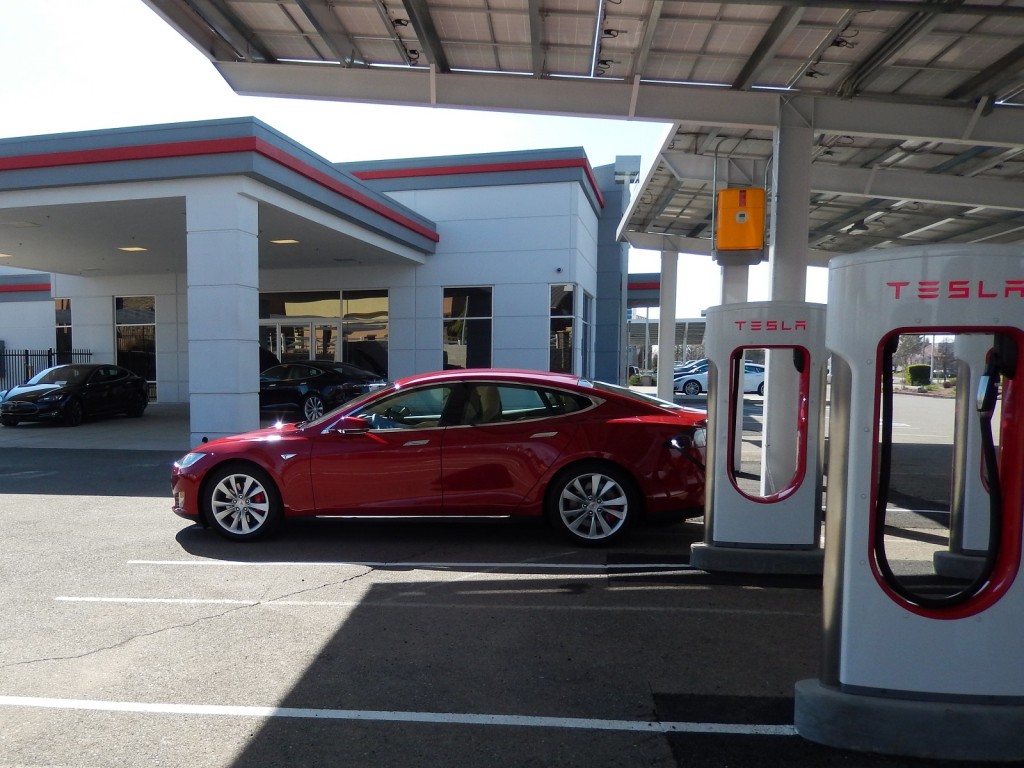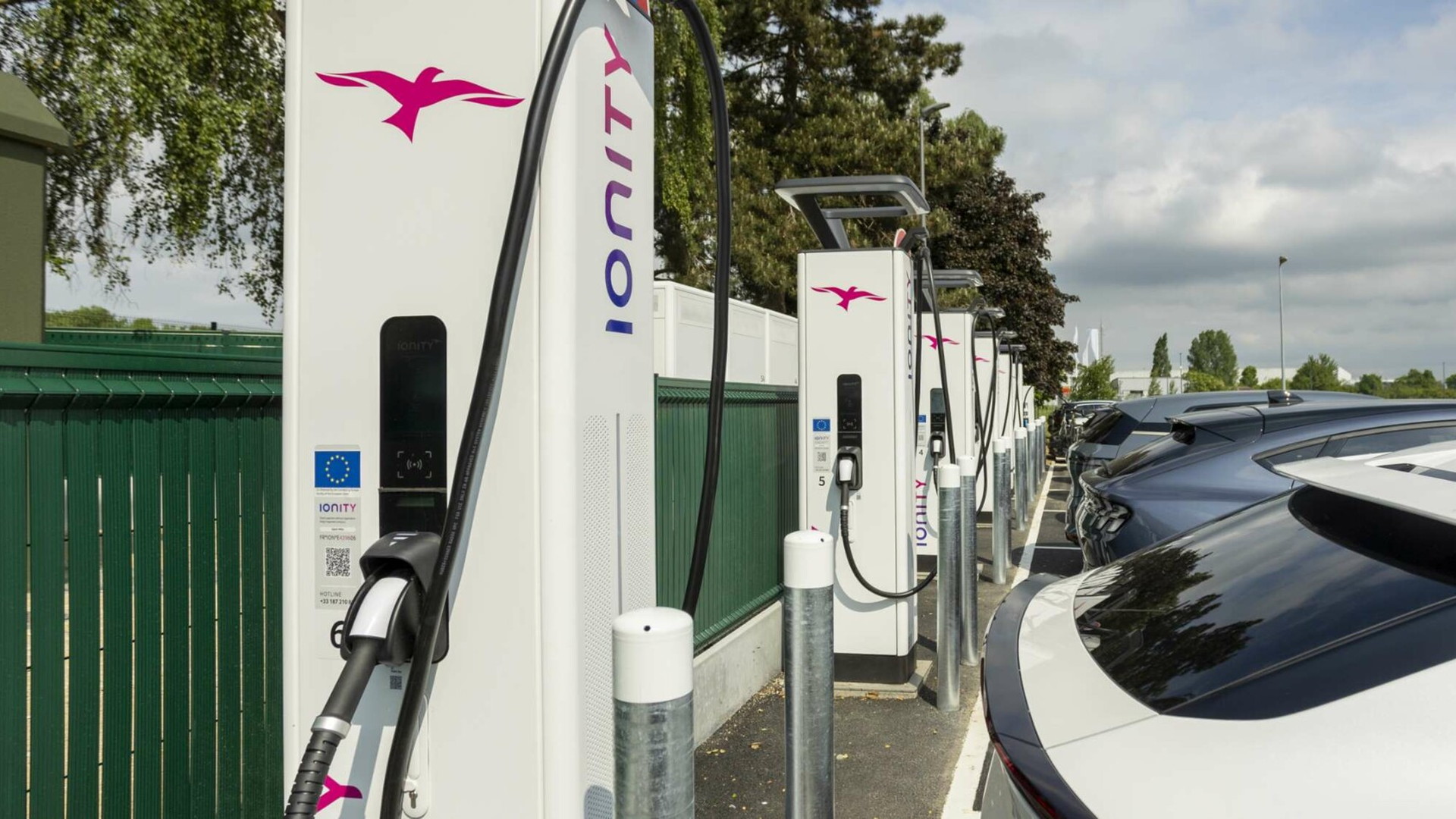Government incentives and support programs have been helpful to the proliferation of electric cars, but a new report says there remains more to be done.
In a report released Wednesday, the National Research Council (NRC)--part of the National Academy of Science--said the Federal government should take further steps to promote adoption of electric cars.
The NRC suggests continuing purchase incentives for electric cars past the current production caps, and also asks the government to take a different role in the development of charging infrastructure.
RELATED: When Electric Car Incentives Expire: A Case Study In Canada (Sep 2014)
The report highlights several "barriers" to electric-car adoption, including cost, range, charging times, concerns about battery life, lack of model choices, and lack of comprehensive charging infrastructure.
To tackle these problems, the report underscores the importance of research into cheaper batteries, as well as the development of universal standards for charging equipment and payment.
However, it also argues the Federal government should refrain from further investment in charging infrastructure.

NRG eVgo electric-car charging station
Instead, the government should fund research into public-charging usage, to better determine where charging infrastructure can have the biggest impact on electric-car sales.
As for current policies, the report calls for an extension of the current $7,500 Federal income-tax credit for electric cars, and a large-scale public-service campaign to advertise it.
Under the current rules, the credit begins to phase out over a 12-month period for each automaker after it sells 200,000 plug-in electric cars.
ALSO READ: White House Budget Asks For $10K Electric-Car Credit, Natural-Gas Cars Added
The NRC also suggests converting the tax credit into a rebate that can be applied at the point of sale, rather than a credit against future taxes that can take up to 15 months to realize for buyers who qualify.
President Barack Obama has advocated multiple times that the credit be turned into a purchase rebate--as well as boosting it from $7,500 to $10,000--but Congress hasn't taken any action.
A decision to extend the credit may be needed soon, said National Resources Defense Council transportation director Roland Hwang--a member of the committee that compiled the report--in a recent blog post.

2015 Tesla Model S P85D Supercharging in Rocklin, California, Feb 2015
While total plug-in electric-car volumes remain small, he said, certain manufacturers could hit their production limits in 2017 or 2018.
This could potentially stall the market "just as it is poised to hit its tipping point," he said.
Those makers who have sold the highest volumes of plug-in vehicles are likely most able to bring down battery costs to cut the cost of their newer products.
As of March 2015, the best-selling electric car in the U.S. was the Nissan Leaf, with 76,407 sold since December 2010. It's followed in sales volume by the Chevrolet Volt, which has racked up 75,231 sales in the same period.
Tesla Motors does not release detailed sales figures, and the plug-in sales totals from all other automakers are lower than those of the three leaders.
Overall plug-in electric car sales passed the 100,000 mark for the first time last year, and are reportedly up 3 percent in the first three months of 2015.
_______________________________________________












